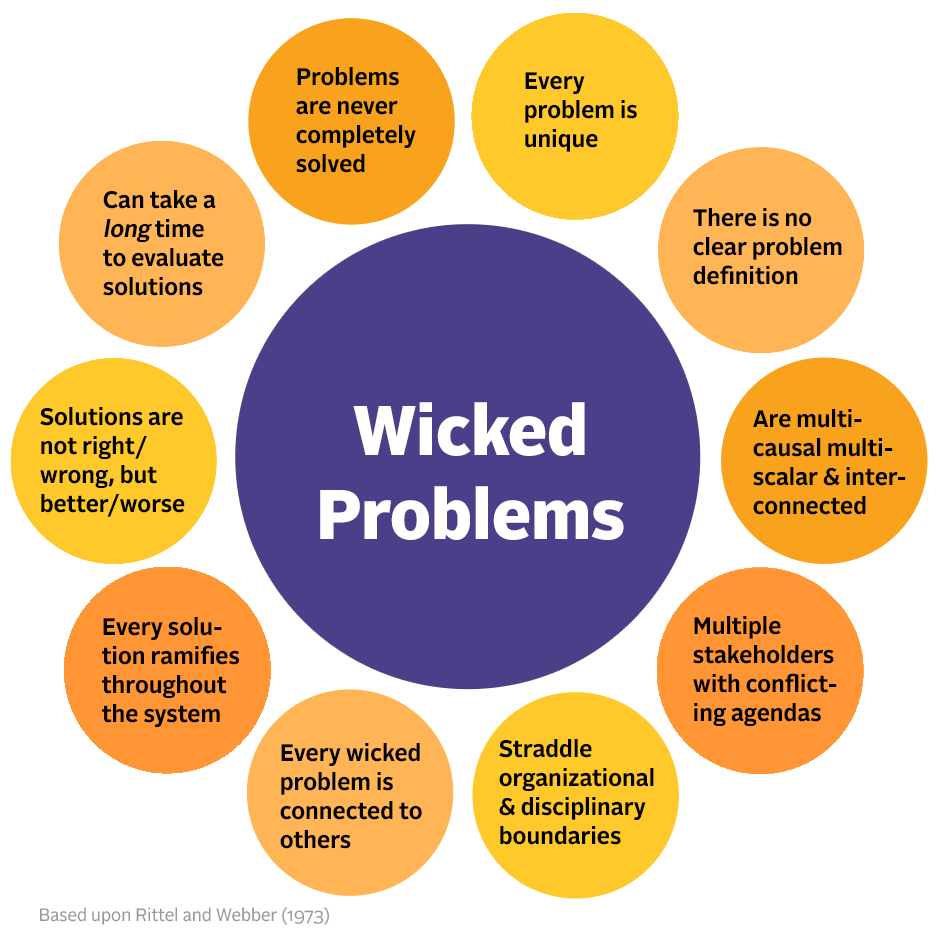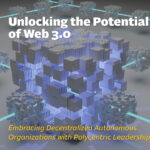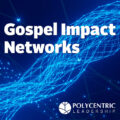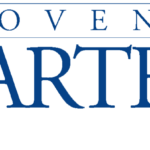Rethinking Leadership for Wicked Problems: A Polycentric Perspective
As leaders navigating today’s global complexity, we often find ourselves face-to-face with what leaders call “wicked problems”— stubborn, multi-layered challenges that defy simple solutions. Whether it’s global migration, economic disparity, or declining trust in institutions, these problems transcend borders. They demand more than just technical solutions or simple leadership responses.
That’s why I was encouraged by a recent paper from the journal Administrative Sciences, titled “A Polycentric Approach for Addressing Wicked Social Problems” by Jordan K. Lofthouse and Leah Kral. While their work focuses primarily on governance systems, the implications for leadership are profound.
What Makes This Paper Stand Out?
Lofthouse and Kral argue that wicked problems are best tackled not through centralized control, but through polycentric systems—networks of multiple, overlapping decision-making centers that collaborate while retaining autonomy. This mirrors the leadership philosophy we’ve been exploring through polycentric leadership: shared power, mutual learning, and relational influence across diverse contexts.
Here are three key takeaways from their research that resonate with our research:
-
Decentralized Decision-Making Fosters Innovation
Centralized responses often falter in the face of complexity. By contrast, polycentric systems allow for local experimentation and contextual problem-solving. In leadership terms, this means empowering regional or local leaders—those closest to the challenge—to act decisively, while staying connected to the broader mission. As I’ve seen through A3 and the Lausanne Movement, this kind of distributed leadership unlocks creative solutions that no single leader could engineer alone.
-
Cross-Pollination of Knowledge Enhances Impact
The authors highlight how polycentric systems encourage the flow of insights across sectors—government, civil society, and business. That principle is central to polycentric leadership: we need diverse voices and vantage points at the table. As I’ve often said, leadership in today’s world isn’t about one person at the top. It’s about a community of leaders learning from one another, drawing from different cultures, backgrounds, and traditions.
-
Mutual Accountability Without Bureaucracy
One surprising insight from the paper is that polycentric structures often maintain accountability without resorting to rigid bureaucracy. When trust is built relationally—through shared values, transparency, and ongoing dialogue—leaders remain answerable not because they must, but because they’re deeply committed to the cause and to one another.
Why This Matters for Today’s Leaders

Lofthouse and Kral’s work gives theoretical grounding to what many of us have intuited: complex challenges require collaborative, distributed leadership. It also echoes the vision behind what we’ve tried to model through Polycentric Mission Leadership—a framework that reflects the dynamic nature of the Triune God, embraces diversity, and fosters shared responsibility.
As we face the “wicked” issues of our time, may we resist the urge to centralize power or simplify solutions. Instead, let’s lead together—across networks, cultures, and sectors—with humility, creativity, and interdependence.
I encourage you to read the full paper here, and join the conversation as we continue to explore how polycentric leadership can reshape the way we lead in a fractured and ever-changing world.
Joseph Handley
More Information
- Lofthouse, Jordan K., and Leah Kral. 2025. “A Polycentric Approach for Addressing Wicked Social Problems” Administrative Sciences 15, no. 1: 22. https://doi.org/10.3390/admsci15010022
- Open AI was used for some research and to enhance the grammar of this blog










